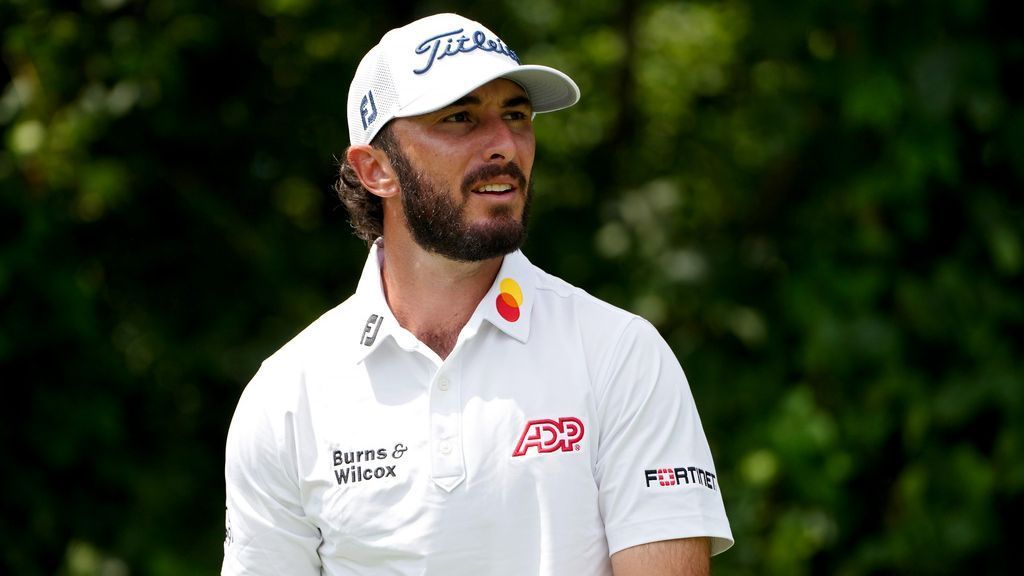Within the Nineteen Twenties, “Cauliflower Row” turned a well-liked appellation for the battle racket. It was the proper identify, referring to the disfigured ears boxers typically wind up with, whereas additionally implying {that a} sure type of toughness is important to make the ring house. But when turning into an elite fighter takes toughness, so does working towards a championship for a whole profession, falling brief, after which preventing on anyway. On this date again in 1989, it was Daniel Zaragoza who confirmed grit in asserting himself as world class, whereas Frankie Duarte simply couldn’t appear to win the massive prize, regardless of spectacular efforts, to not point out toughness.
Zaragoza donned gloves for the primary time at 20-years-old, but the Mexico Metropolis native represented his house nation solely two years later within the 1979 Pan Am Video games after which the 1980 Olympics, falling simply brief in each. He turned a advantageous southpaw fighter, turning professional underneath the tutelage of Ignacio “Nacho” Beristain and successful the Mexican bantamweight title earlier than defending it 9 occasions, which stands as a document. Mentioned Zaragoza’s supervisor Rafael Mendoza, “Bantamweight is the preferred weight class in Mexican boxing; being the Mexican bantamweight champion is nearly as prestigious as being a world bantamweight champion.”

At 27-2, Zaragoza, aka “El Raton,” received the vacant WBC bantamweight belt by sending Fred Jackson packing on a foul, turning into Beristain’s first world champion, earlier than the title was taken from him in his first protection towards Miguel Lora. Subsequent was a tough loss to an rising Jeff Fenech, adopted by seven straight wins, then an opportunity to tackle the aged and come-backing Carlos Zarate for the vacant WBC tremendous bantamweight belt. It could be Zaragoza’s first look at The Nice Western Discussion board in Inglewood, California, however not his final.
Zaragoza retired Zarate, received the belt, and defended it 5 occasions, all on international soil: first South Korea, then Italy, then the U.S. twice and South Korea once more. If not stylistically, he shared a standard trait with stablemate Ricardo Lopez: his demeanor and elegance weren’t what Mexican battle followers normally crave, regardless of epitomizing the time period “world champion.” Alongside the way in which he began what would grow to be a traditional trilogy towards Paul Banke. However one other title protection away from house awaited him, this time towards Duarte.

Like Banke, Duarte was a handsome California child with an aggressive model and a penchant for bother, and each fought typically on the Olympic Auditorium and The Discussion board. However Duarte had ten years on Banke; when “The Actual” was simply attempting cocaine for the primary time in 1985, Duarte had already kicked a heroin habit that just about killed him, and was decidedly on the championship path.
A stoppage defeat to Alberto Davila in a 1977 title eliminator bruised Duarte’s ego, and losses to Rolando Navarrete and Neptali Alamag in 1979 and 1981 respectively, drove the chemical demons Duarte had fought off for years to dig their claws again in. He went off the grid earlier than returning in 1984 with new administration from the Los Angeles-based Ten Goose Boxing, going 9-1-1 over the subsequent two-plus years in what can be identified regionally because the “Miracle at Ten Goose.”

The loss, a cut up determination to WBA bantamweight titlist Richie Sandoval in a non-title bout, was one yr into Duarte’s comeback and was simply ignored. Extra disheartening was his subsequent defeat to Bernardo Piñango who was deducted three factors, other than being despatched to the canvas within the closing spherical; in some way, he nonetheless acquired a call. A teary-eyed Duarte, his face mangled from jabs and fast mixtures and slashed by headbutts, nervously tapped the rostrum when requested what he would do subsequent, replying, “I don’t know… I don’t know.”
It took an entertaining, albeit shaky victory, over Davila, one decade after the preliminary assembly, to quickly repair issues in Duarte’s head and win him a “Comeback of the Yr” award from The Ring journal. However 18 months later, in early 1989, he was quitting the Ten Goose Health club, broke and bitter that greater alternatives hadn’t come, intent on retiring at 34 with out having received a title. “If somebody known as and provided me $150,000 to battle, I must flip it down as a result of what I stand for is much extra essential than the cash,” declared Duarte. “Others may take the cash, take a beating after which have their managers throw within the towel. I received’t try this.”

Sure, he would try this; the $25,000 provide to face Zaragoza for a title belt was too engaging. Duarte had been doing chores round his mother and father’ home for pocket change, on the verge of getting his automobile repossessed by Ten Goose. Not lengthy earlier than being matched to battle Zaragoza at The Discussion board, Duarte mentioned, “I’d moderately retire, however I can’t. I’ve to battle as a result of I don’t need to lose my home. It’s all I’ve.”
Simply days shy of his thirty fifth birthday, Duarte was unfit to problem Zaragoza, as evidenced by his struggling towards three opponents with a mixed document of 52-44-5 following the Davila return. The WBC even selected to present Frankie a lift of their rankings to make a Zaragoza vs Duarte match seem extra respectable.
Zaragoza additionally did his half to speak up the bout. “A champion ought to at all times be ready for a troublesome battle,” he remarked to Earl Gustkey of The Los Angeles Instances. “I at all times anticipate a troublesome battle. Have a look at Roberto Duran. No one gave him an opportunity towards Iran Barkley, however as a result of he had the guts of a champion, he received.” A advantageous sentiment, however Duarte was no Duran.

With a mode constructed round disrupting rhythm with odd timing and motion, Zaragoza performed his strengths completely towards a surprisingly sedate “El Guero” in spherical one. In reality, Duarte’s legs regarded used up from the opening bell and by the second the champion was having a tough time lacking along with his lead left hand. When the bell to finish spherical three sounded, Duarte walked to his nook with a minimize on the bridge of his nostril, a reddened proper eye and nothing to indicate for it. And issues had been about to worsen.
It wasn’t till effectively into spherical 5 that Duarte had any success in any respect offensively and he was nonetheless absorbing lengthy left arms and laborious physique work. No less than it may very well be mentioned Zaragoza was having to exert himself in entrance of the 6,300 in attendance. Each males had been rocked again on their heels within the sixth, however within the seventh Duarte’s lack of head motion caught as much as him. Zaragoza continued thwacking the challenger with jabs and lefts, and because the rounds handed, Duarte’s motion acquired clumsier and his eyes extra swollen.
After spherical eight Benny Georgino, who had taken over for Joe Goossen as coach, requested Duarte if he needed the bout stopped. An inaudible reply led Georgino to inform Duarte he had yet one more spherical to get the knockout, however the previous man didn’t have it in him as he simply took punch after punch. That is what Duarte’s signature late rounds rally, and profession, had come to: a valiant effort showcasing his toughness in dropping the larger battle.
Another half-round of a beating was lots for the referee, who stopped it regardless of Duarte’s protests. Zaragoza had hit Duarte with so many punches that he’d injured each fists, later saying, “I used to be anticipating to knock him out, however after the fourth I had ache in each arms.”
In August of 1975 Duarte had been requested why he was a tenth grade dropout. He replied, “I didn’t thoughts going to highschool. I simply didn’t like going to courses.” Precisely fourteen years and 35 fights later Duarte was taken again to highschool and compelled into retirement, having by no means gotten his world title. After the battle a reporter requested Frankie about his future plans and he replied that he must search for a job. — Patrick Connor



















